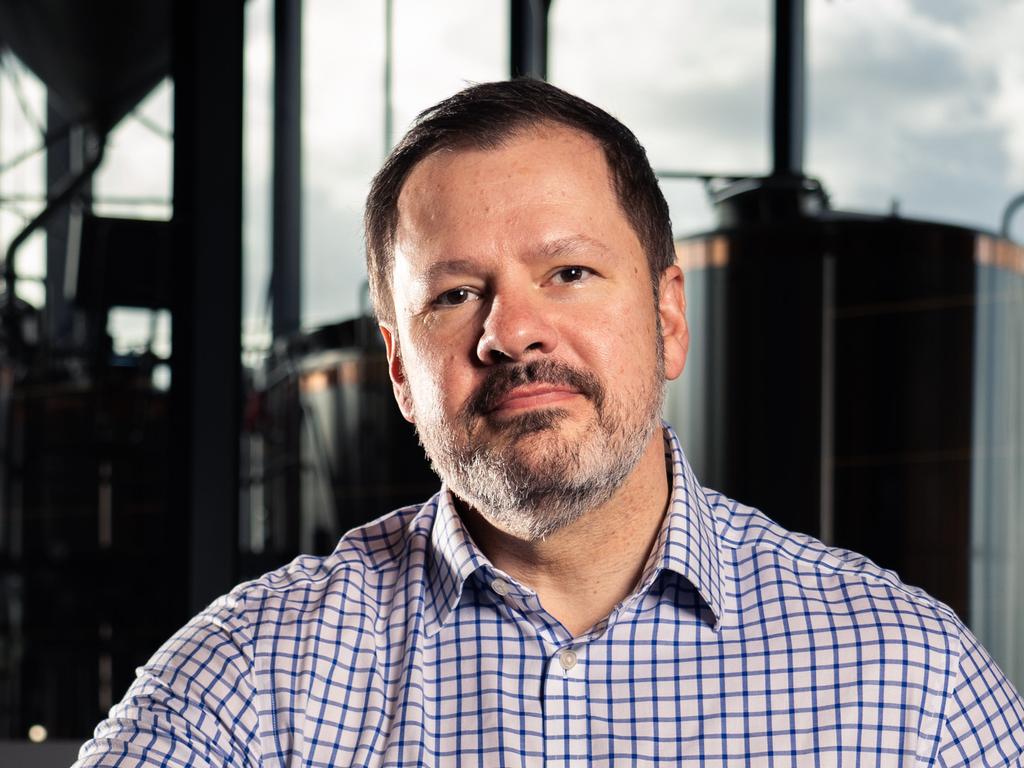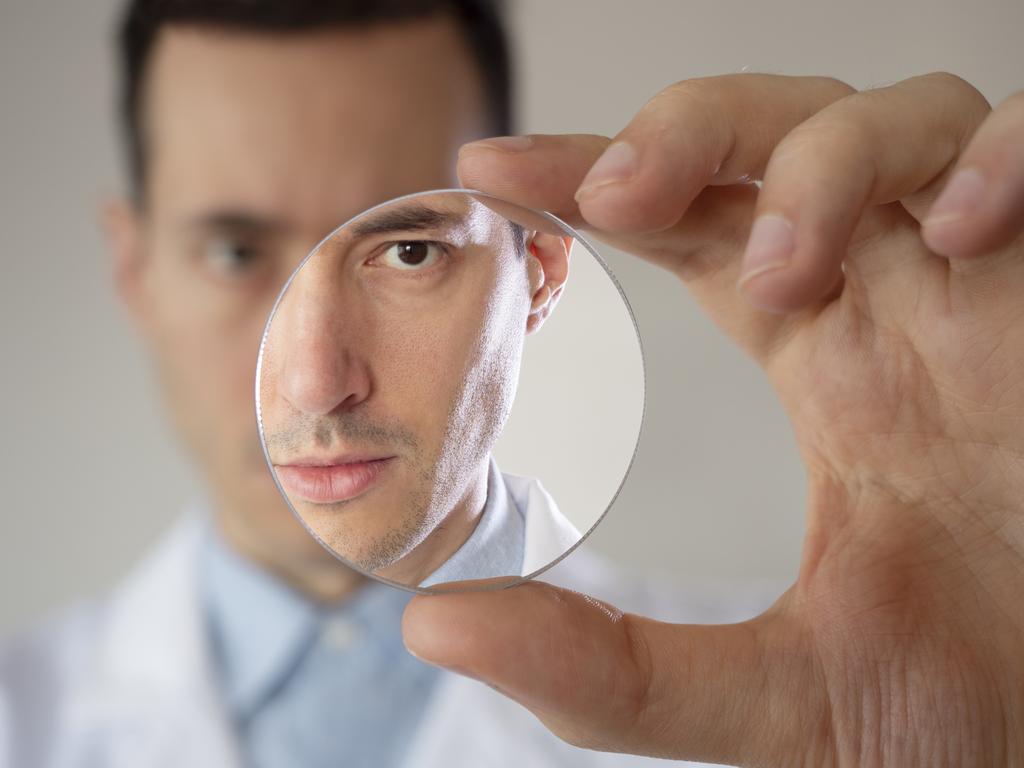Labor awards $158m for science incubators, care research
Early educators, disability support services and aged-care workers have won out in a round of federal research grants leveraging science to better train the care economy workforce.

Co-operative research centres are mostly involved in science, industrial manufacturing, energy and agriculture but for the first time the Albanese government is funding a CRC on the care economy.
The new CRC, claimed by La Trobe University to be the “largest in the world” for care economy research, is one of three to be revealed on Thursday, with the others focused on medical breakthroughs and manufacturing, and 3D printing.
Industry and Science Minister Ed Husic announced $158 million to support local
science, research and commercialisation under the latest round of the CRC Program, including the establishment of a SMART CRC, with $65m million over ten years to manufacture treatments for cancer, heart diseases, arthritis and other age-related ailments.
The new Care Economy CRC will receive $35m over 10 years, and the Additive Manufacturing CRC for 3D printing will get $58m over seven years.
The funds are delivered through an existing program, rather than as an election commitment, and come as US research funds to universities are being cut.
Assistant Health Minister Ged Kearney, who is backing the care economy research, said: “The care economy is Australia’s largest employer and is growing at three times the rate of total national employment – but after years of undervaluing these women-dominant and culturally diverse industries, we’re seeing significant shortages.
“The Care Economy CRC is about investing in our care workers and participants. It will address critical workforce shortages, help to better understand the industry through data collection, and invest in technology and drive improvements in quality of care.
“I’m so pleased to see that La Trobe University’s world-class leading research is being recognised and supported.”

The La Trobe research incubator was awarded $35m in federal funding under the promise it will reach $129m with private investment and funding from universities. It is intended to develop new kinds of services models, training styles, and technologies.
The centre’s new research director, Irene Blackberry, said training and education programs were a particular focus, with an eye to raising digital literacy levels among workers.
“By fostering collaboration and innovation, we can ensure that Australians receive the highest quality care, and that our care workforce is well-equipped to meet future challenges,” Professor Blackberry said.
“The CRC will enable us to address the growing demand for care services, support our workforce, and deliver better outcomes for all Australians.
“The Care Economy CRC is projected to deliver more than $1.4bn in direct benefits over the next 15 years.”
The funding comes after the Australian Academy of Science announced a new suite of global talent programs to try to woo researchers from the US in the wake of the Trump administration’s multibillion-dollar funding cuts to that nation’s leading scientific bodies, including NASA, Harvard and the National Institute of Health.
“Bob Hawke set up CRCs to team up our world-class know-how with the best brains in business,” Mr Husic said.
“For decades they’ve delivered great results for Australians and for our economy, which is why we’re expanding it with $158m to deal with the challenges of the future. Being able to make our own lifesaving treatments onshore is hugely important to our nation.
“Our new CRCs will also promote better aged care and tap into the huge potential of 3-D printing for manufacturing – building a future for all Australians.”
Cancer research will be bundled under a newly established Solutions for Manufacturing Advanced Regenerative Therapies (SMART) CRC, valued cumulatively at $238m under the watch of the University of Queensland.
“By expanding Australia’s capacity to manufacture curative treatments for conditions like cancer, heart disease, arthritis, and other age-related ailments, the SMART CRC will relieve pressure on our hospital systems and contribute to the health and longevity of Australians,” SMART CRC interim chair Leanna Read said.
“This centre will mature Australia’s sovereign manufacturing pipeline and anchor companies and their technology onshore, instead of relying on foreign supply chains.”
Regenerative therapies are a form of biotechnology that look at different ways tissues can repair itself, such as through stem cell treatments or synthesising biological material.
The three projects involve 220 other organisations with a total investment of $475m.







To join the conversation, please log in. Don't have an account? Register
Join the conversation, you are commenting as Logout